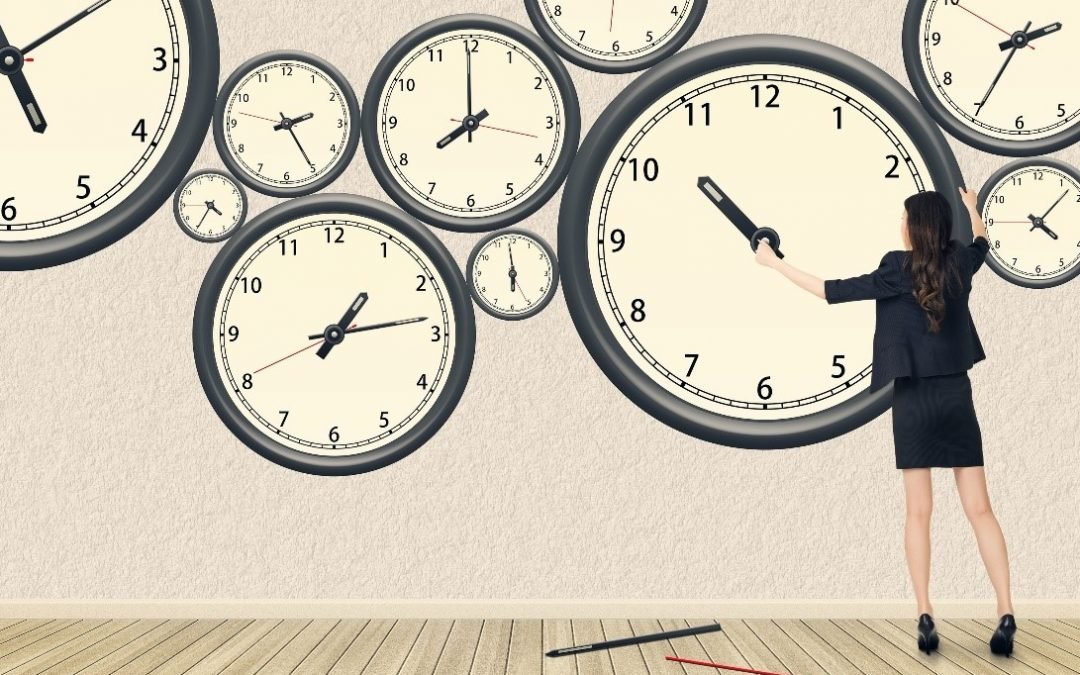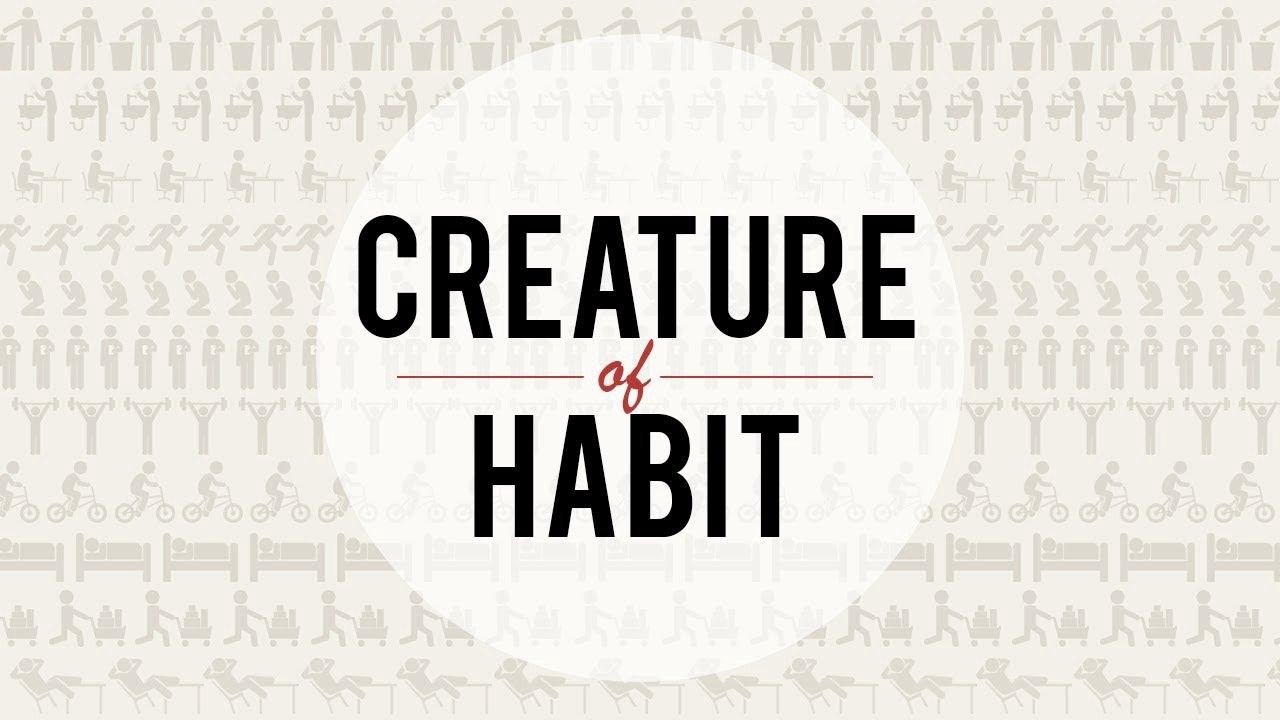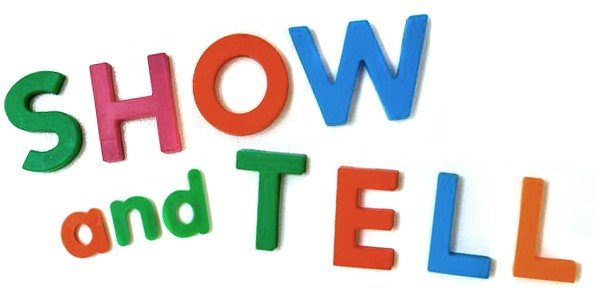Often, we focus on things that don’t matter and things that are beyond our control. In times of crisis, organisations often forget about their sales and marketing strategies because there’s so much else to focus on and this results in wasted time and wasted opportunities. For me it’s all about customer satisfaction, giving good advice and solving customer problems to improve their customer’s lives.
I think knowing which things we should focus on is key to getting what we want. From my perspective, customer loyalty is truly satisfying and many of my customers have become real friends. Focusing on the human side instead of the sales and marketing side helps because visibility to attract new customers is key to expanding my customer base as I work in human-to-human industry.





















